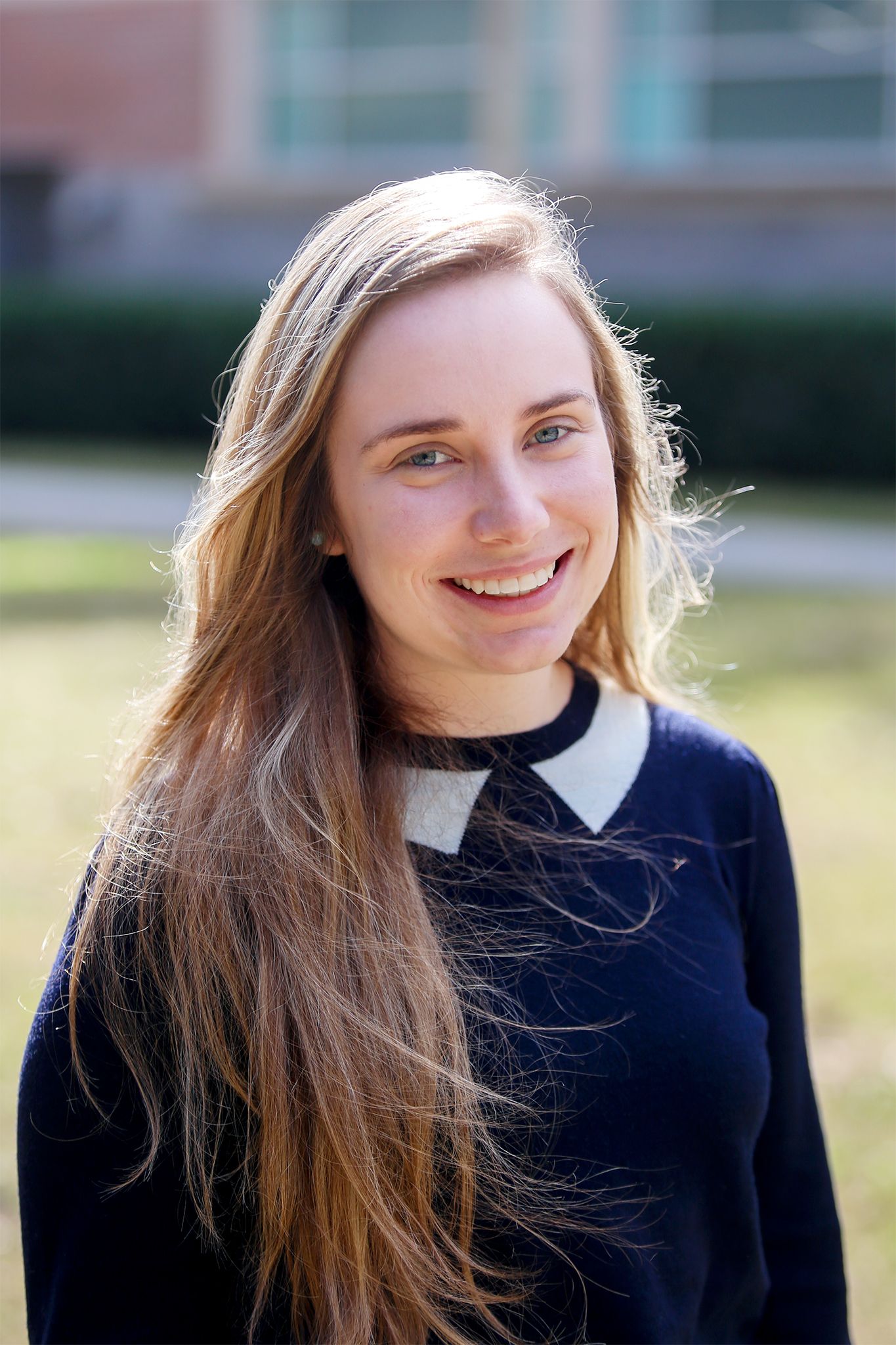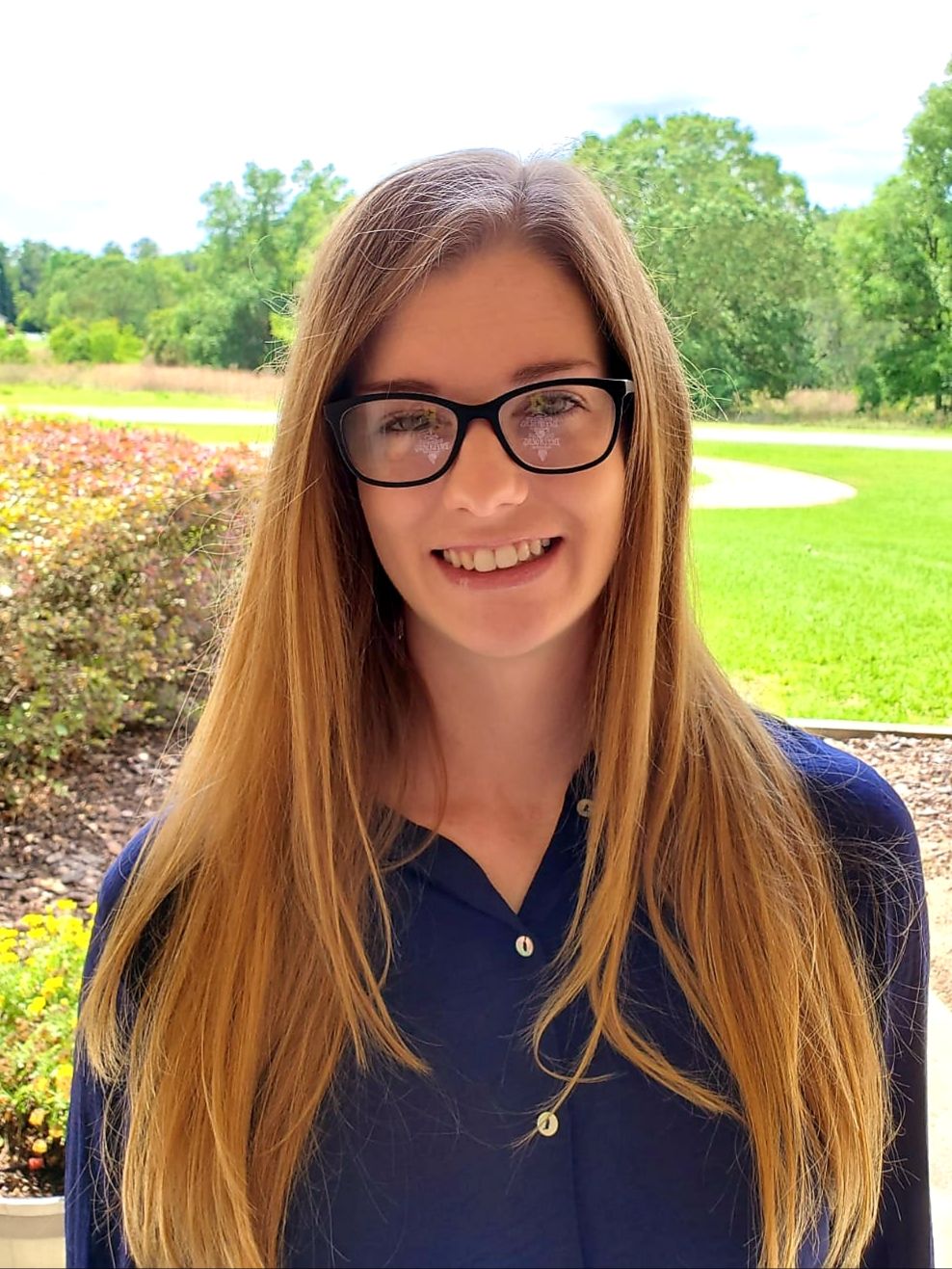Envision Humanities affords graduate students opportunities to expand their skill sets, engage broader publics, and discover a variety of career pathways. Envision Humanities aims to enhance graduate training, alongside career exploration, to prepare students for positions within and beyond the university. Alongside workshops, panels, and reading groups, Envision Humanities includes an internship program and an institute in which graduate students explore the public humanities.
2020 PUBLIC HUMANITIES SUMMER INTERNSHIP PROGRAM
This program provided graduate students with a substantive and experiential internship in the publicly engaged humanities. Interns worked closely with site supervisors at nonprofit organizations on specific projects that reinforce the site’s missions. Through this program, graduate students expanded their professional skills and networked while gaining meaningful humanistic work experiences beyond an academic setting.
During COVID-19 all internships were transitioned to a virtual format. In summer 2020, we awarded four Public Humanities Internships.
Internship Spotlight
 Lauren Burrell Cox (English), Historical Researcher at The Hippodrome Theatre
Lauren Burrell Cox (English), Historical Researcher at The Hippodrome Theatre
Lauren Burrell Cox (Ph.D . candidate, English) focuses on archival films and how they reactivate and engage with film history. She researched the history of Gainesville’s iconic Hippodrome Theatre and developed a podcast series on its founding. In collaboration with her host site, she received a $5,000 Community Project Grant from the Florida Humanities Council for the ongoing podcasting project as a direct result of the internship.
“This internship definitely gave me more insight into how a theatre operates as well as how community arts organizations function, which I think will be valuable knowledge going forward.”
 Lori Lye (Spanish and Portuguese Studies), Program Development at Howard W. Bishop Middle School, A Community Partnership School
Lori Lye (Spanish and Portuguese Studies), Program Development at Howard W. Bishop Middle School, A Community Partnership School
Lori Lye finished her Ph.D. in Hispanic Linguistics in spring 2021. Her research focuses on the investigation of mobile applications for language learning. As a program development intern, she created organizational and management tools for Howard W. Bishop Middle School’s volunteer program. She assessed the needs of the volunteer program and evaluated curriculum for volunteer training and support.
“I was able to interview contacts in the industry and work in career pathways outside of traditional academia that humanities students are assumed to pursue.”
GRADUATE PUBLIC HUMANITIES INSTITUTE – FEBRUARY 24-MARCH 25, 2021
The first Graduate Public Humanities Institute was a month-long series of virtual workshops and events introducing the methods, formats, and opportunities of the publicly engaged humanities. Through writing op-eds, curating exhibitions, and producing podcasts, the workshops and talks emphasized the public humanities as active practice and evolving process. Graduate students explored publicly engaged research, teaching, writing, preservation, and programming to learn about a range of career pathways from professionals who currently apply their advanced
humanities degrees across different fields.
Event Spotlight: Podcasting as Public Scholarship
“Podcasting as Public Scholarship” was a workshop led by the creators of the “American Girls Podcast,” Dr. Allison Horrocks and Dr. Mary Mahoney. The workshop leaders demonstrated how podcasting offers an accessible and meaningful way to connect with the public and share research in the humanities. They were also available for one-on-one consulting later in the day for graduate students who wanted to discuss specific podcasting ideas.
The Keynote Speaker of the Institute was Dr. Katina Rogers, author of Putting the Humanities PhD to Work: Thriving in and Beyond the Classroom (Duke University Press, 2020). Dr. Rogers led a candid conversation on the present and future of humanities graduate training as a valuable public good. She addressed the role of humanities inquiry in the COVID pandemic and engaged modes of scholarly communication, diversity, and inclusivity in higher education, academic labor practices, and faculty support for graduate educational reform.
